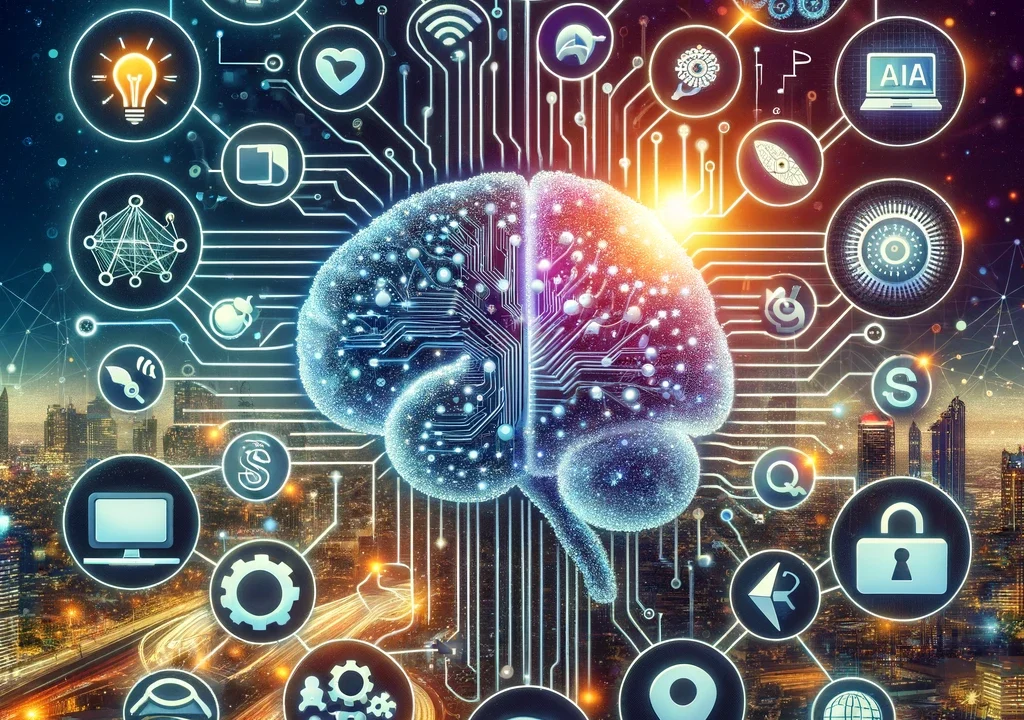In the ever-evolving realm of artificial intelligence (AI), recent strides in machine learning algorithms are igniting a wave of excitement and possibilities. From enhanced predictive capabilities to more efficient data processing, these advancements are reshaping industries and redefining the boundaries of what AI can achieve.
Deep Learning Dominance
At the forefront of these advancements lies deep learning, a subset of machine learning inspired by the structure and function of the human brain’s neural networks. Deep learning algorithms, characterized by their ability to automatically learn representations from data, have garnered significant attention due to their remarkable performance in various tasks such as image recognition, natural language processing, and speech recognition.
One notable breakthrough is the refinement of convolutional neural networks (CNNs), particularly in image processing tasks. Researchers have developed novel architectures and training techniques, resulting in unprecedented accuracy levels in image classification, object detection, and semantic segmentation. These advancements are not only enhancing the capabilities of autonomous systems but also finding applications in medical imaging, satellite imagery analysis, and autonomous vehicles.
Transformative Applications
The impact of these advancements extends beyond academia and research labs, permeating into real-world applications across diverse sectors. In healthcare, machine learning algorithms are revolutionizing diagnostic processes, enabling early detection of diseases from medical images and patient data with unparalleled precision. Pharmaceutical companies are leveraging AI to accelerate drug discovery and development, leveraging predictive modeling to identify promising drug candidates and optimize clinical trials.
Similarly, in finance, machine learning algorithms are powering sophisticated trading strategies, risk management models, and fraud detection systems. By analyzing vast volumes of financial data in real-time, these algorithms can identify market trends, assess credit risks, and detect fraudulent activities with remarkable speed and accuracy, providing traders and financial institutions with a competitive edge in dynamic markets.
Ethical Considerations
However, as AI continues to permeate various aspects of society, concerns surrounding ethics, bias, and accountability are gaining prominence. The opacity of some deep learning models, often referred to as “black boxes,” raises questions about algorithmic transparency and interpretability. Moreover, the potential for AI systems to perpetuate and amplify existing biases present challenges in ensuring fairness and equity, particularly in high-stakes domains such as criminal justice and hiring.
Addressing these challenges requires a concerted effort from researchers, policymakers, and industry stakeholders to develop transparent, accountable, and ethically sound AI systems. Initiatives such as explainable AI (XAI) and fairness-aware machine learning are gaining traction, aiming to enhance the interpretability and fairness of AI algorithms while fostering trust and accountability in their deployment.
Looking Ahead
As machine learning algorithms continue to evolve and mature, the possibilities for AI innovation are boundless. From personalized healthcare and autonomous vehicles to predictive maintenance and personalized recommendations, the transformative potential of AI is reshaping industries and redefining human-machine interactions.
However, realizing this potential requires a holistic approach that prioritizes not only technical advancements but also ethical considerations and societal impact. By embracing transparency, accountability, and inclusivity, we can unlock machine learning’s potential. Consequently, this approach promises a future where AI and humanity work in harmony, boosting well-being.



